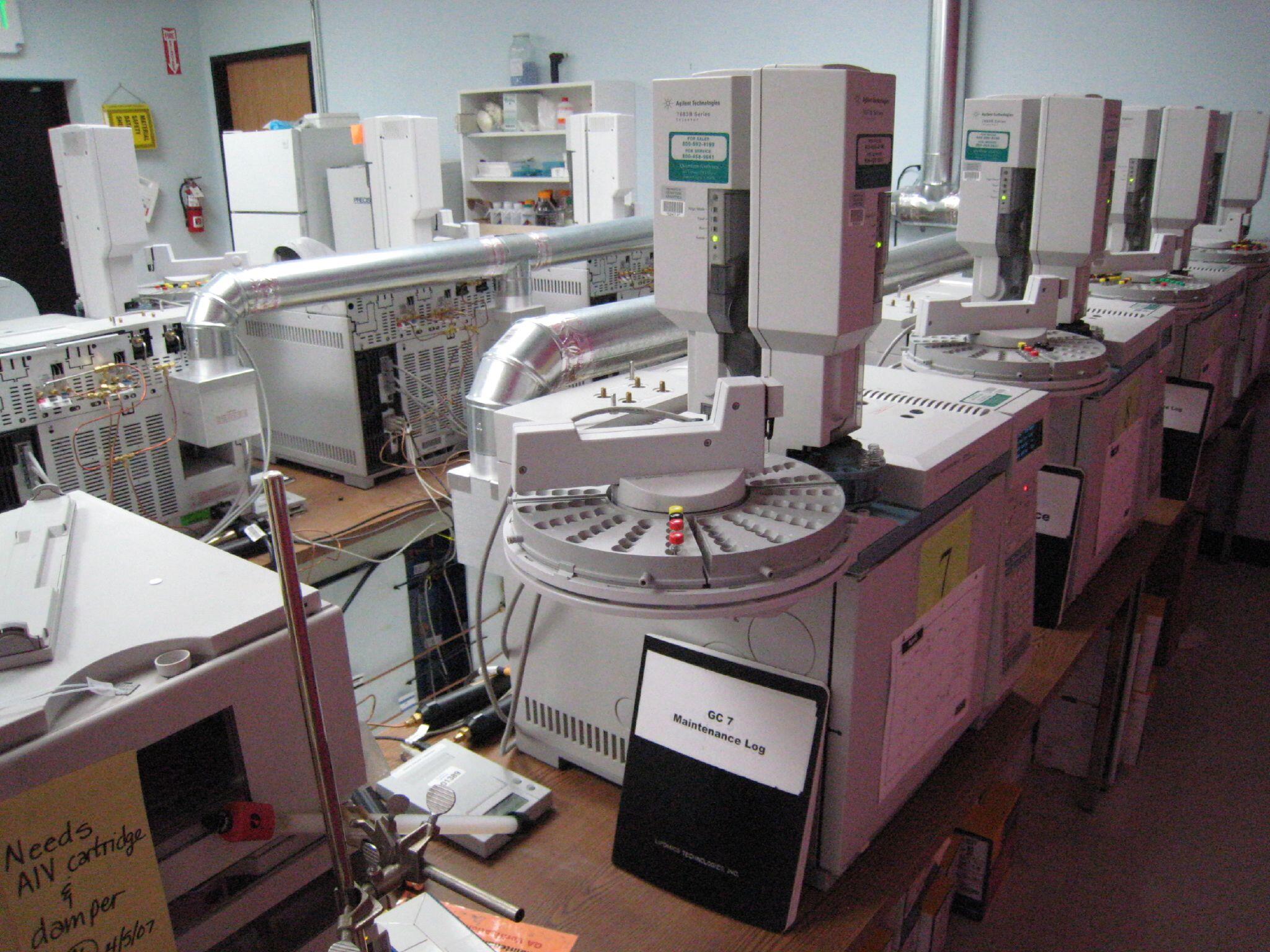Analytical chemistry involves obtaining, processing, and communicating information about matter. Analytical chemists study the composition and structure of matter and report on its properties according to the inquiring party's needs. This type of work demands organisation, critical thinking, and strong communication skills.

The Early Days of Analytical Chemistry
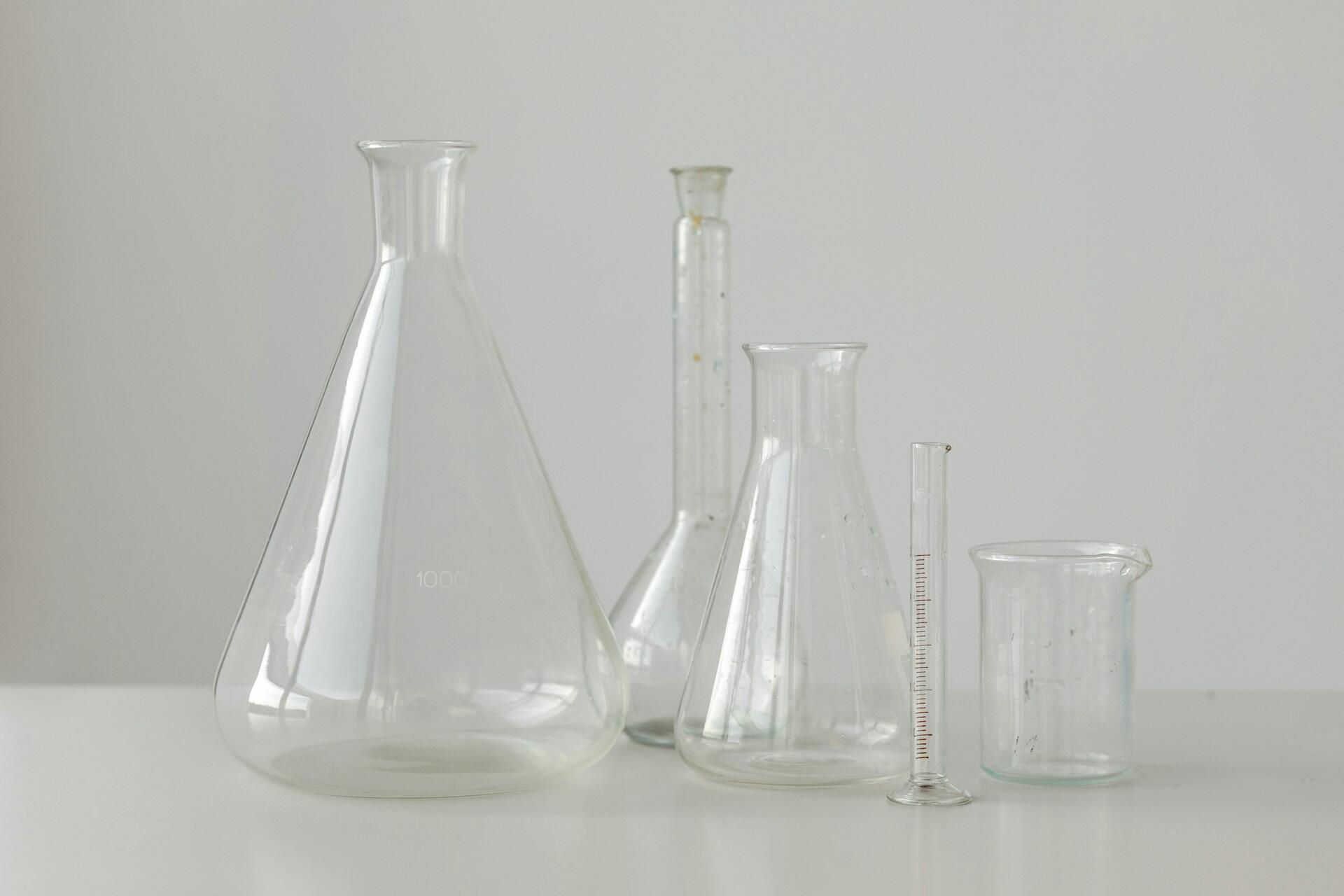
We might scoff at the concept of analytical chemistry. After all, aren't the study and practice of chemistry analytical? In a broad sense, yes. However, those analyses serve downstream purposes.
By contrast, analytical chemistry is an end in itself. The analysis of a substance results in reporting the results, not (necessarily) in forging new directions. We might think of it as: "So, now, we know."
Pioneers of Analytical Chemistry
From childhood, Justus von Liebig loved science, for a good reason. When he was 13, the Northern Hemisphere endured a volcanic winter, an entire summer with no sunshine. That meant no food crops, among other things.
Many believe this experience influenced Mr von Liebig's work.
Among other fields - and there were many, Justus von Liebig focused on agricultural chemistry. This, of course, necessitated the study of organic chemistry. He had to take the long way to university, in part because of his family's financial situation. He was also quite the radical, often getting in trouble in school for his political views.
He studied in France for a time, likely as much because of his reputation as an activist, as for the level of education he could pursue. By the time he was 21, all had apparently been forgiven, and he returned to Germany to begin work as a science teacher.
First Successes
Among his remarkable accomplishments, we note that he revolutionised science teaching methods. Before him, teachers performed experiments while students observed. Thanks to him, students became the experimenters, with teachers monitoring their work. Von Liebig's methods are still how we learn science, today.
He grew restless over the limitations on chemistry exploration, due to the lack of testing equipment. So, he devised and built an apparatus to test gas components. His Kaliapparat got the ball rolling. Soon, he was making all the testing equipment he needed, for whichever question his fertile mind wanted answers to.
Justus von Liebig is one of the biggest names in chemistry's establishment as a science. His sense of organisation, and his intuitive construction of analytical processes, shapes every type of chemistry study.
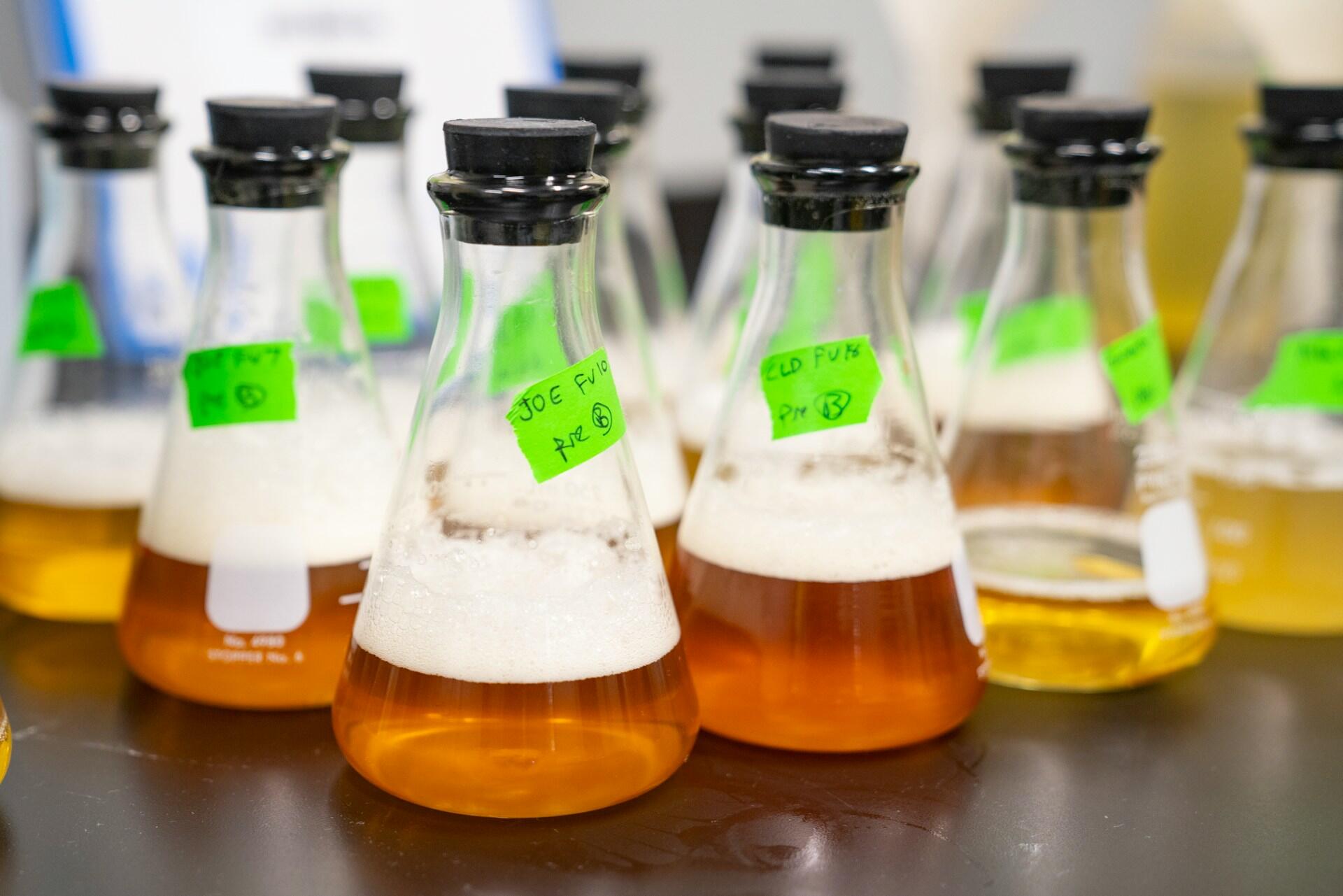
What Is Analytical Chemistry?
Now, we go from Justus von Liebig's scattershot manner of analysing problems, to the focused study of analytical chemistry. Thanks to his commonsense teachings, we can define this exacting branch of chemistry.
This type of chemistry involves defining matter, its properties, and how much of it there is.
But, we all know that there's more than one way to look at something. Even chemical molecules. In fact, this science examines matter through four possible lenses.
What Are the Four Types of Analytical Chemistry?
Qualitative
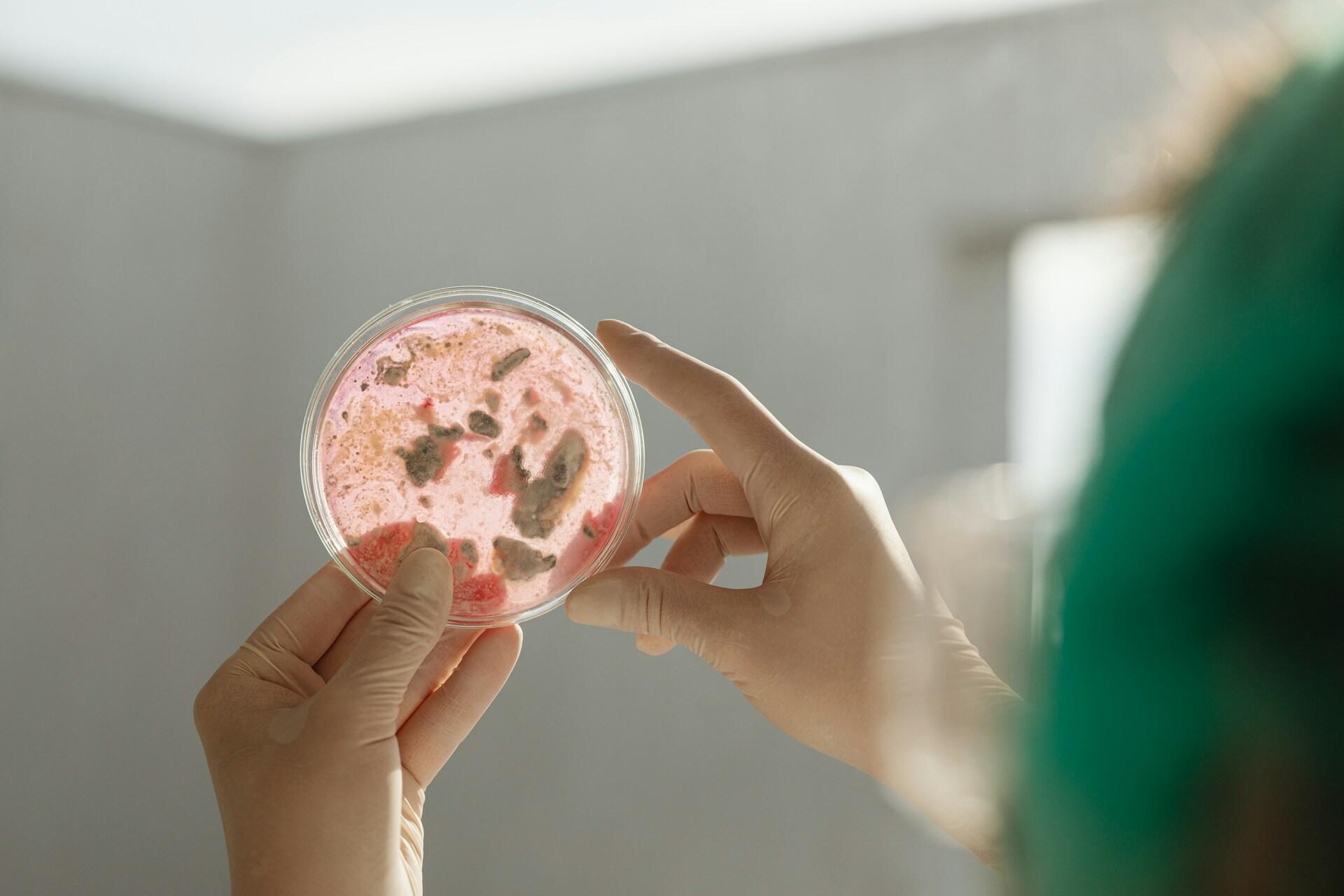
- identifies the analysed substance
- describes its properties
- speculates on potential uses
Quantitative
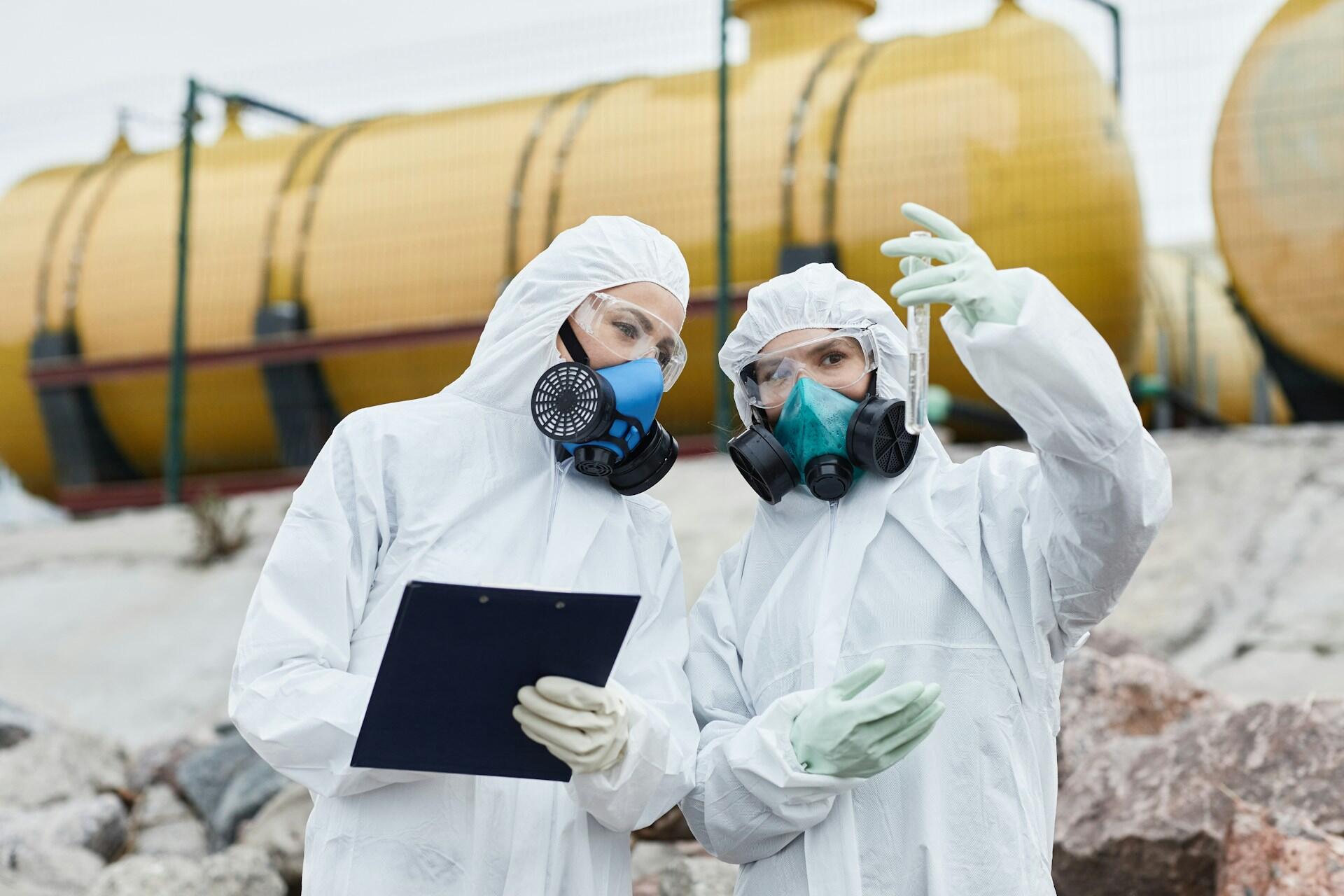
- describes how much of the substance there is
- notes absolute and relative amounts
- breaks down the percentage of constituent parts
Instrumental
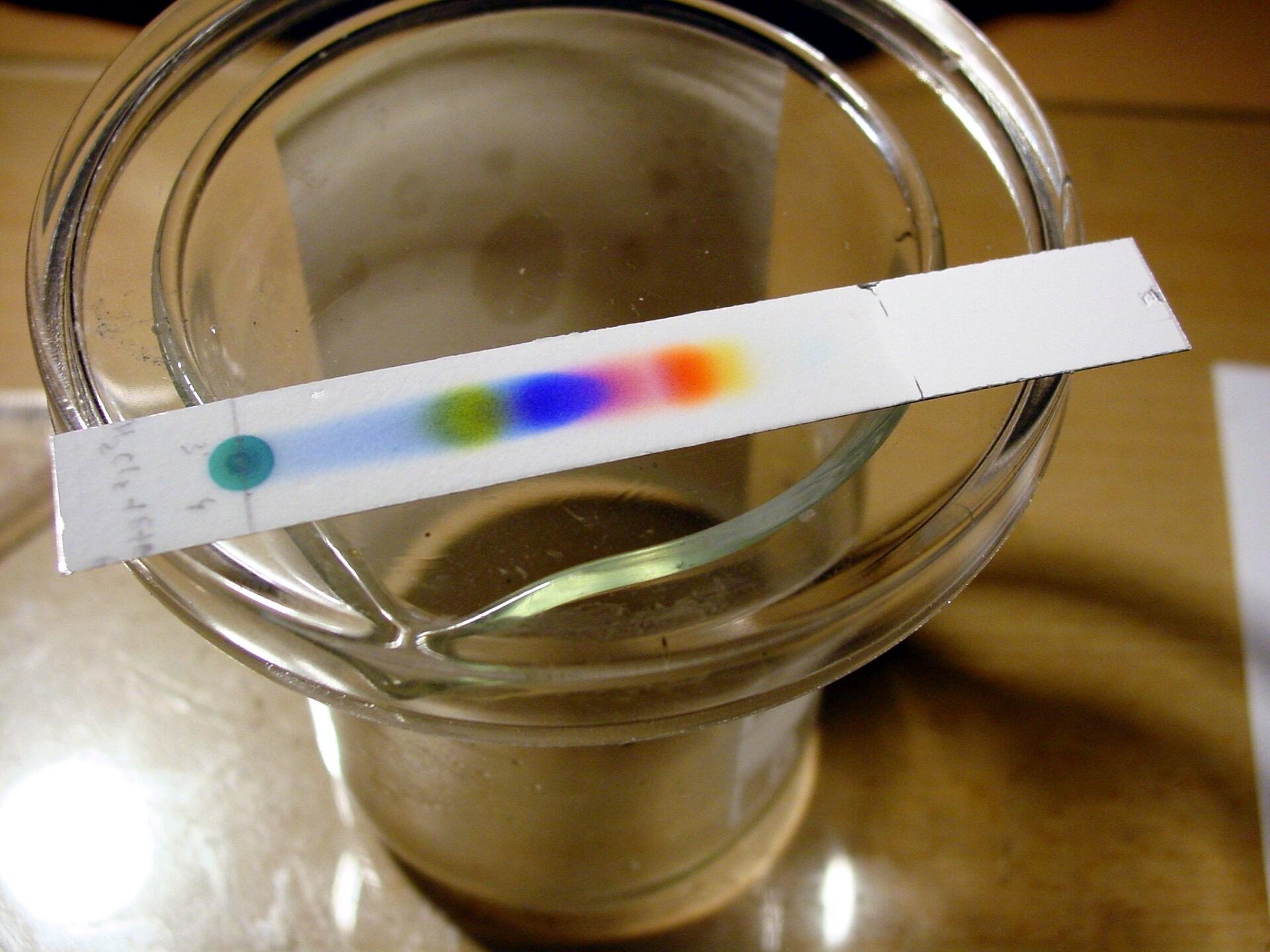
- uses specialised equipment
- delivers exacting results
- uses statistics to estimate the degree of accuracy
Bioanalytical
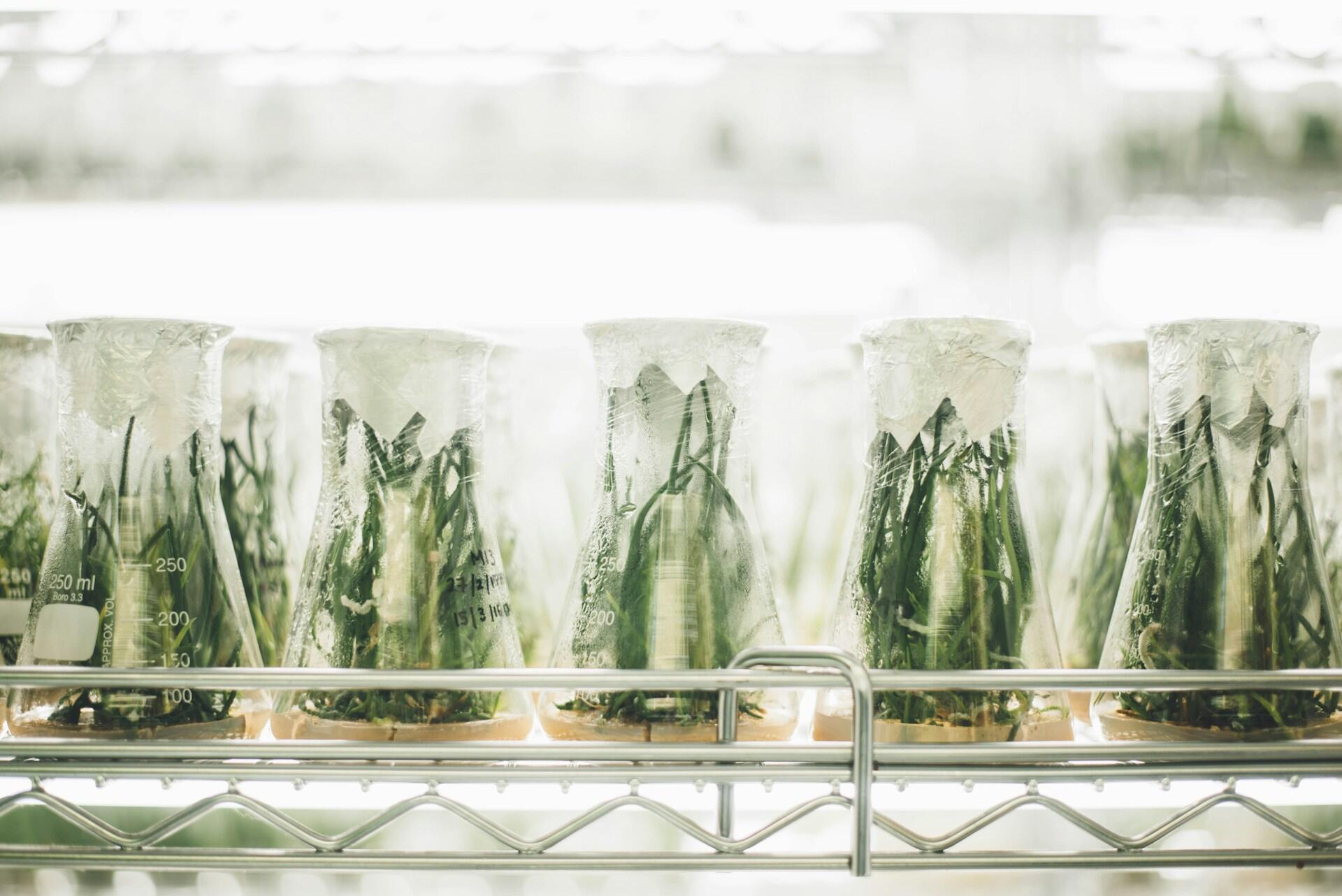
- applies analytics to biological matter
- examines substances in biological samples
- delivers reports on findings
As our featured chemist rightly believed, the first step in analysing a substance is separating it into its component parts. Though not a distinct area of analytical chemistry, separation is a crucial step in this process.

What Do Analytical Chemists Do?
With the explanations in the previous segment, you may already have an idea of what analytical chemists do. Also, medical and police shows feature aspects of analytical chemistry.
However, those shows don't dwell on the science. They just bandy terms like 'mass spectrometer' and 'DNA signature' around.
The chemist that uses a mass spectrometer likely specialises in instrumental analytical chemistry.
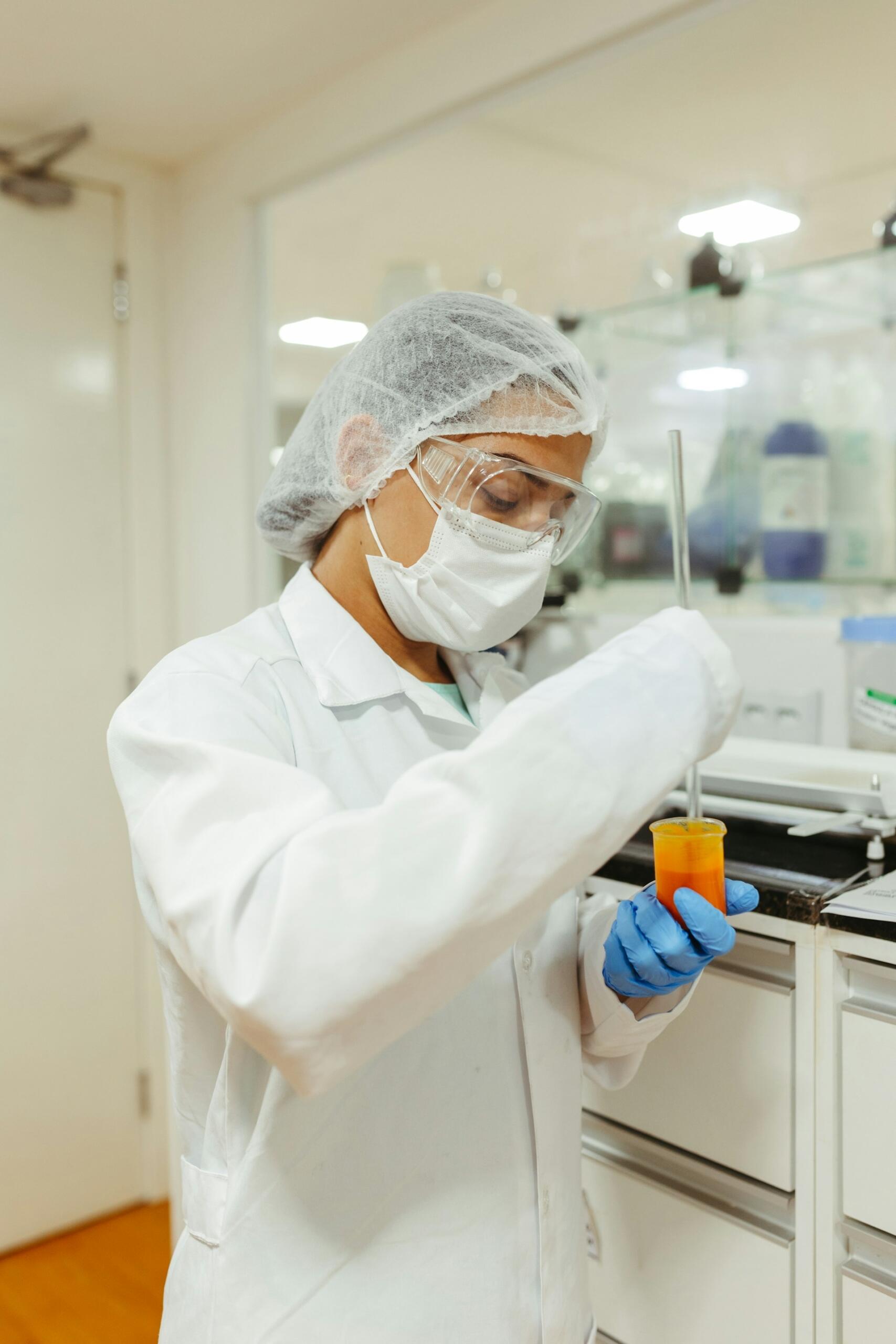
Their job is to examine samples, using the equipment they trained on.
Think of it like an X-ray technician's job.
They operate the machinery, and often do a preliminary analysis.
The chemist analyst trains on several types of equipment, including:
- colorimeter
- different spectrometers
- polarimeter
- refractometer
- chromatography equipment
- various microscopes
- spectrophotometers
- particle size analysers
Notably, people in the field of physical chemistry use the same equipment, and this list is by no means complete. Depending on the field they work in, they may have more specialised equipment to work with. Once they obtain and analyse test results, they share them with whomever requested the test.
Mastering Statistics
As so much of analytical chemistry deals with statistical measures, the analytical chemist must have a firm grasp of statistics.
They apply statistical tools across analytical techniques to ensure their analytical data is both reliable and reproducible.
This is an exacting science, plagued with more than a bit of uncertainty. These chemists must determine the degree of accuracy in their results. The consequences of not doing so could be grave, considering how broadly this discipline applies across industries.
What to Do With an Analytical Chemistry Degree
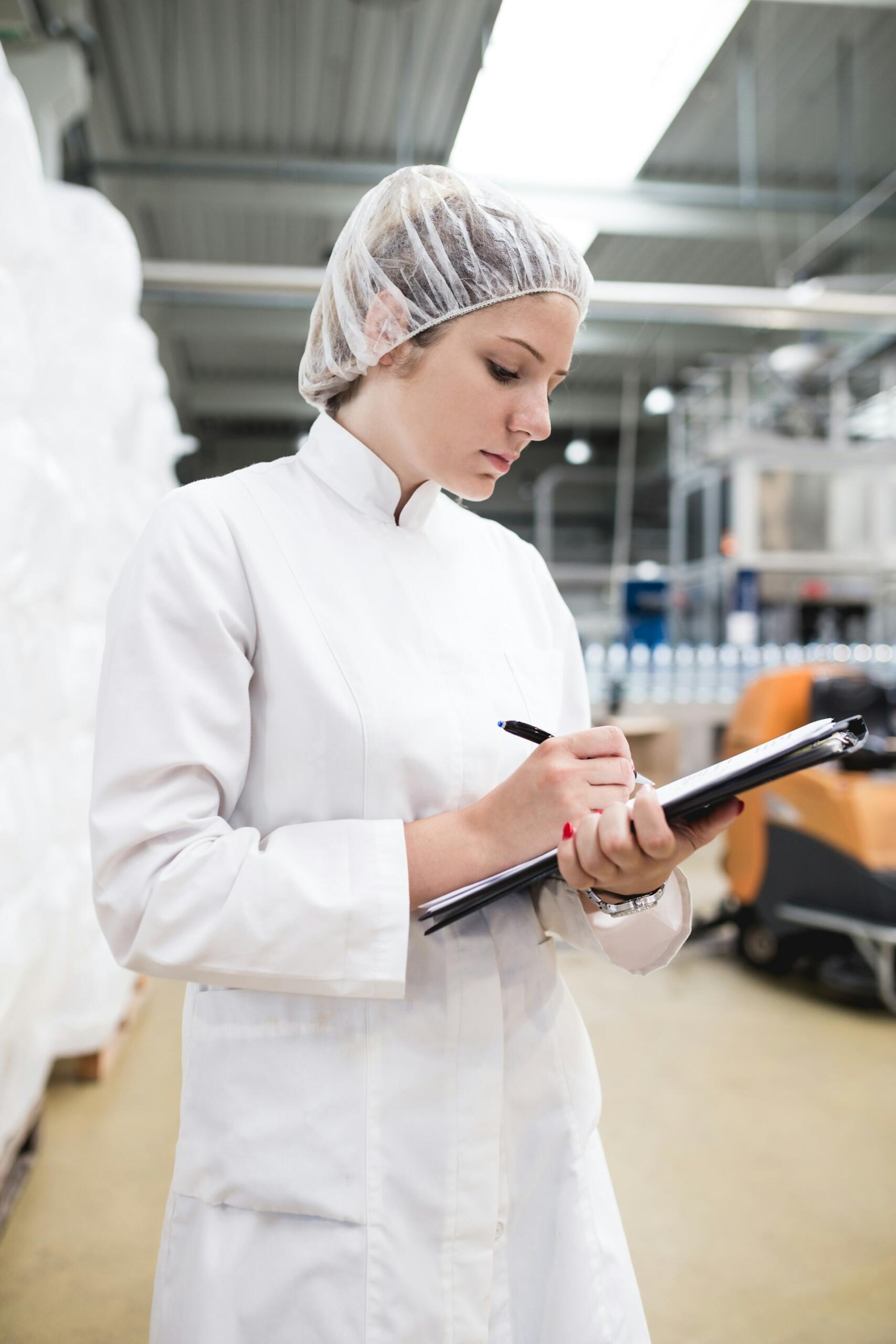
Analytical chemists work in medical research, and in medicine. They also work in manufacturing, particularly in pharmaceutical, agricultural, and chemical industries.
We also find analytical chemists in quality control positions. Their duties including testing products for ingredient purity and chemical balance, and if the ingredients are present in the right proportions.
Alternately, a quality control position might entail inspecting and calibrating the equipment used to conduct those tests.
It's not out of the question for analytical chemists to invent new tests, or even equipment.
Justus von Liebig isn't the only chemist who's allowed to invent new equipment. As an analytical chemist, you may find yourself having to modify procedures to test unknown substances. You may even have to design, build or cobble together an apparatus to meet the need.
On Publishing
Analytical chemistry is not a 'one and done' proposition. Once you earn your degree in analytical chemistry, you must keep on top of the literature. You'll read about new procedures and equipment, new research methods, and remarkable findings.
Publishing isn't as vital in this field of chemistry as it is for the field of biochemistry. Still, contributing to the body of analytical chemistry knowledge advances the science. So, writing papers is a vital function analytical chemists often perform.
Analytical Chemistry Jobs

Studying any type of chemistry arms you with transferable skills that suit practically every working environment. Those include critical thinking and problem-solving skills, reasoning skills, and the ability to communicate effectively.
Your specialised training as an analytical chemist prepares you to work in a number of fields. However, the nature of this work means you will spend most of your time in the laboratory. The difference in lab work lies in the purpose of it.
Quality Control Officer
These professionals oversee the entire manufacturing process. They inspect raw ingredients, and test the materials at every step of production, until the finished goods - which they also test.
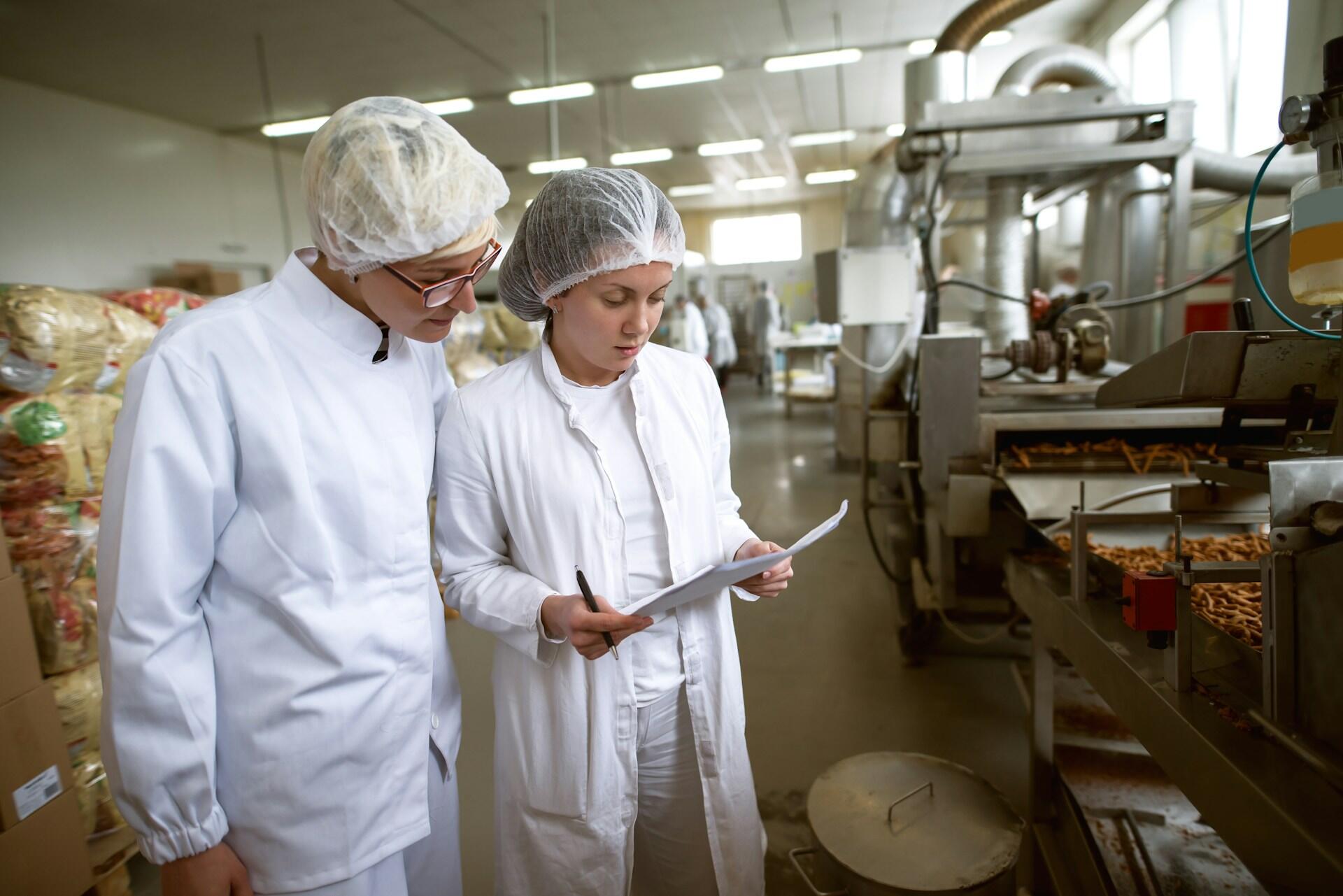
Many major manufacturers have lab facilities on-site, so you may work for a company, or a testing service assigned there. Depending on what's being manufactured, your equipment may be limited to micrometers and microscopes. At the high end, you may have a separator to play with!
Forensic Scientist
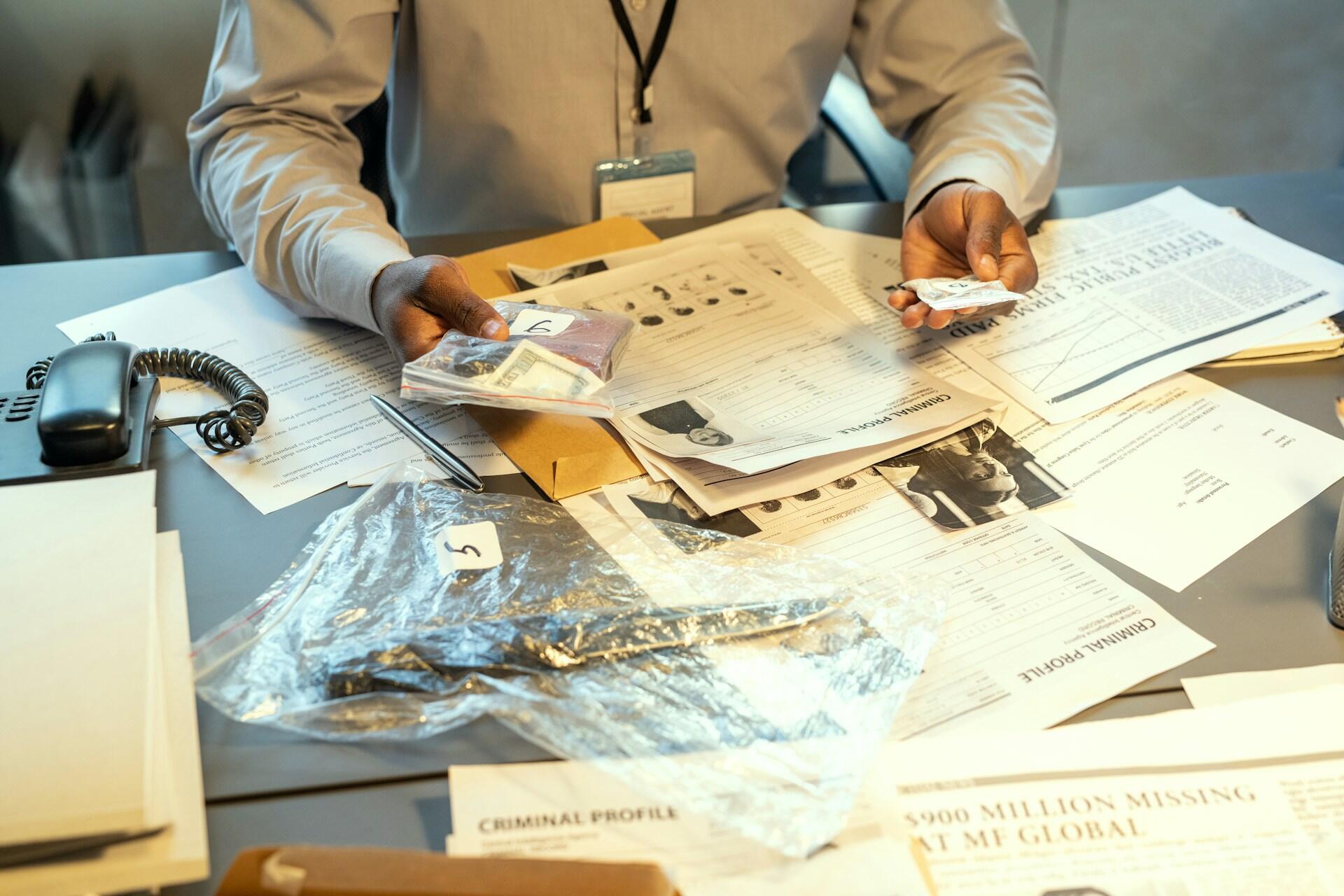
Earlier, we mentioned procedural dramas on the telly; we weren't being fanciful. A forensic scientist analyses evidence like blood, dirt, and fibres, to determine its composition and possible sources.
They write reports on their findings, and may even testify in court.
Their work helps solve crimes and, more importantly, exonerates the innocent. Forensic science demonstrates well how crucial accuracy is. People's lives hang in the balance.
Medical Science
In this field, analytical chemists have a choice. They may assist doctors in diagnosing diseases, or they could work in the pharmaceutical industry. For the latter, quality assurance and quality control are the leading job aspects.
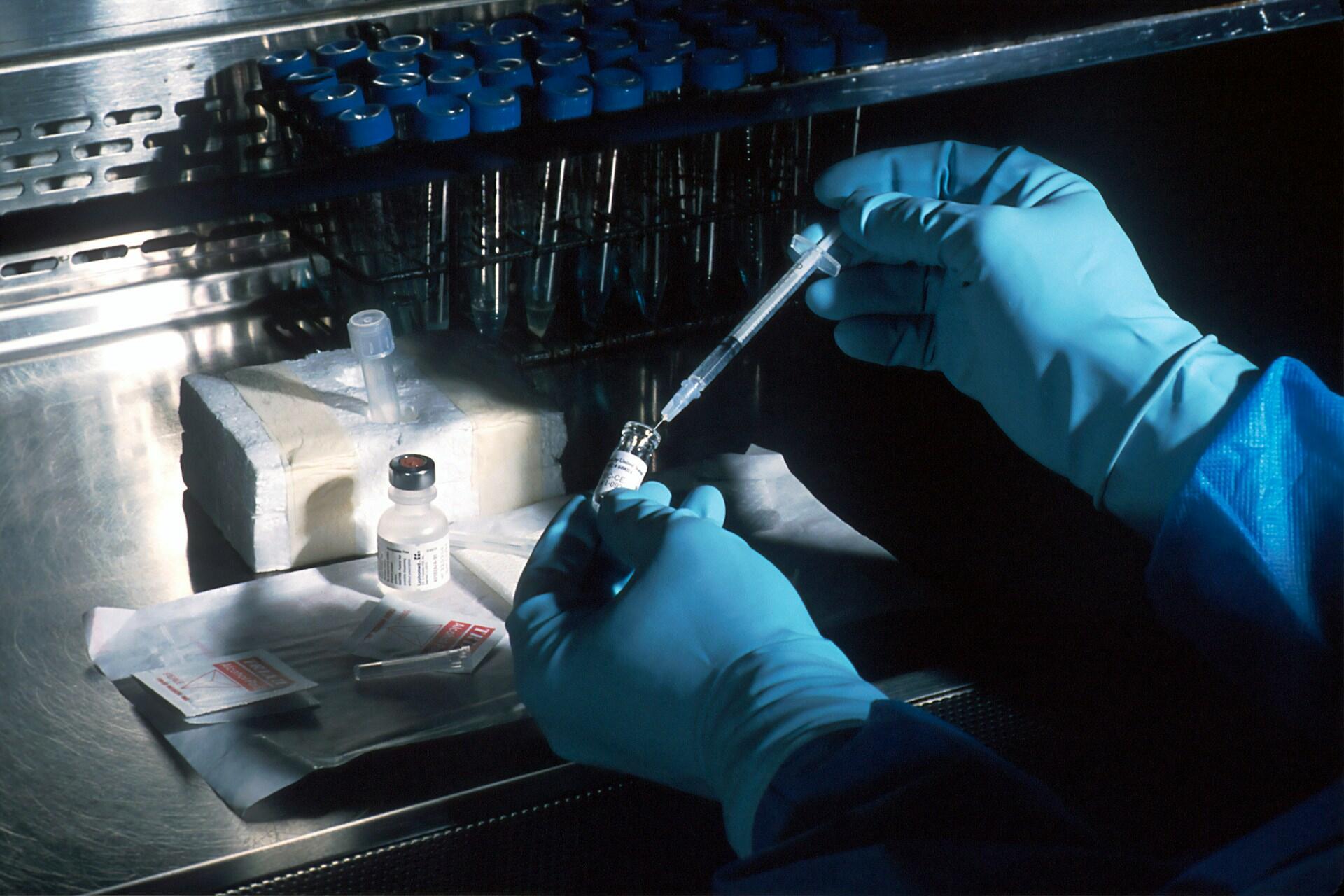
For the former, testing patient samples and summarising findings helps patients back to health.
Government work is another way chemical analysts can apply their training in the medical field. Tracking and monitoring disease outbreaks makes heavy use of statistics. Identifying and tracing contaminants back to their source is another important function these chemists fulfil.
Entrepreneur
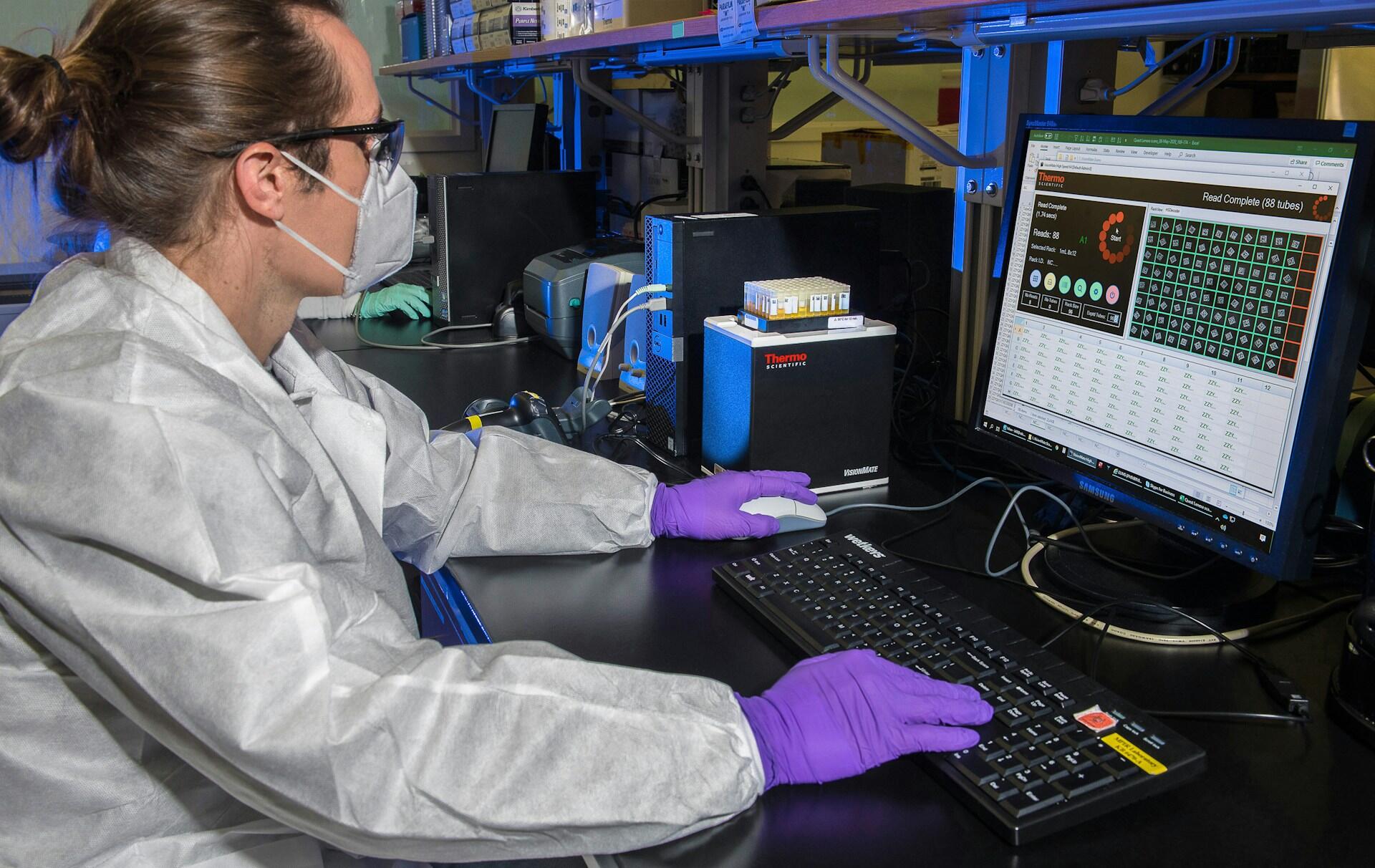
Commercial DNA testing firms were once just an idea, one that an enterprising team turned into a billion-dollar business. Others ventures (Theranos?) have not been so successful.
Still, their enthusiastic public embrace, and the success of those that thrive, show this field's potential.
Analytical chemistry jobs UK are abundant. Whether you stick with academic research, venture into medical analysis, or work for government or industry, you have many opportunities to make your mark on this science.
You may even specialise in inorganic chemical study, investigating materials to create new compounds with industrial applications. There's much we still don't know about our natural world. Your training as an analytical chemist can help us understand it better.
Summarise with AI:

